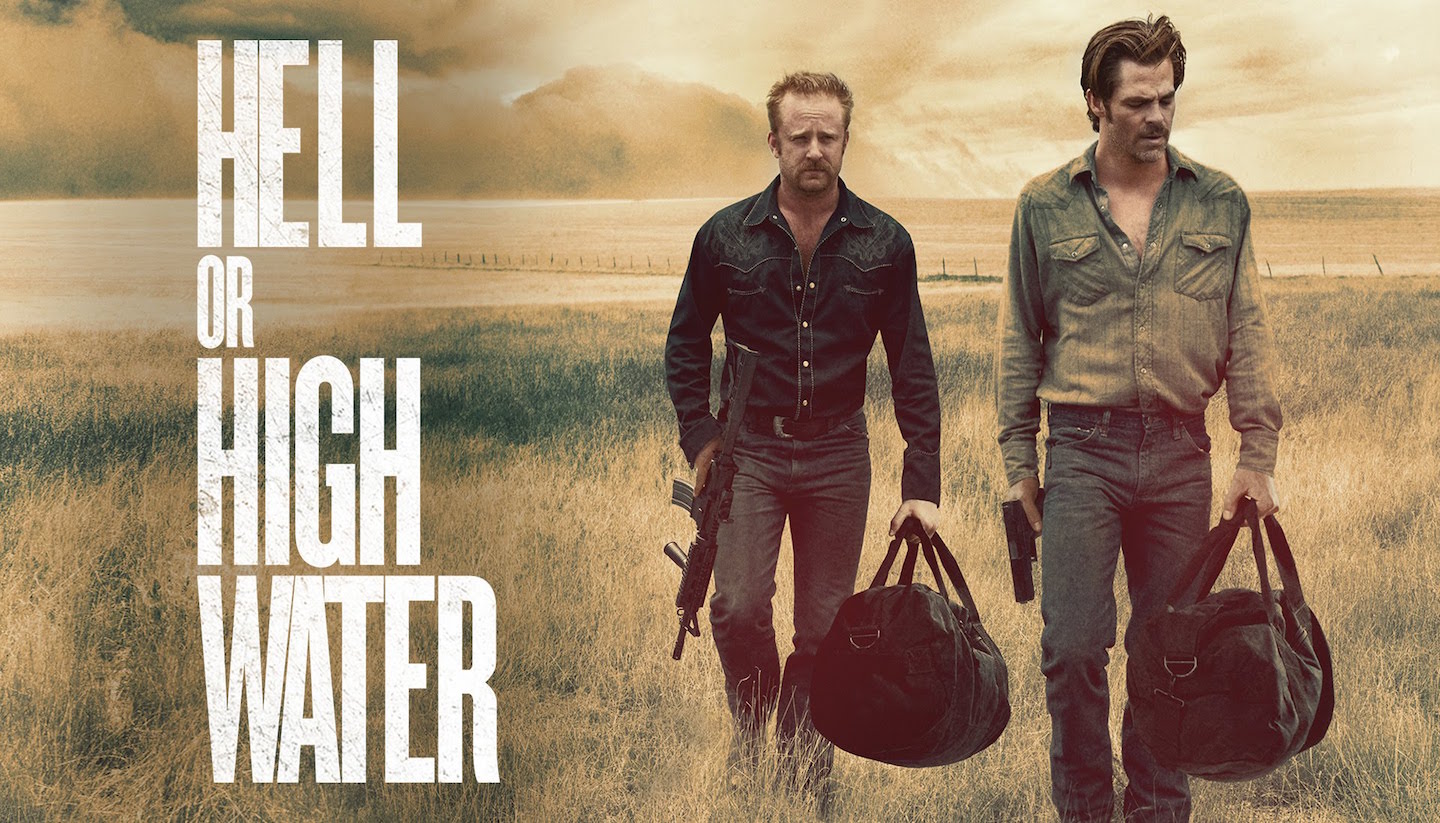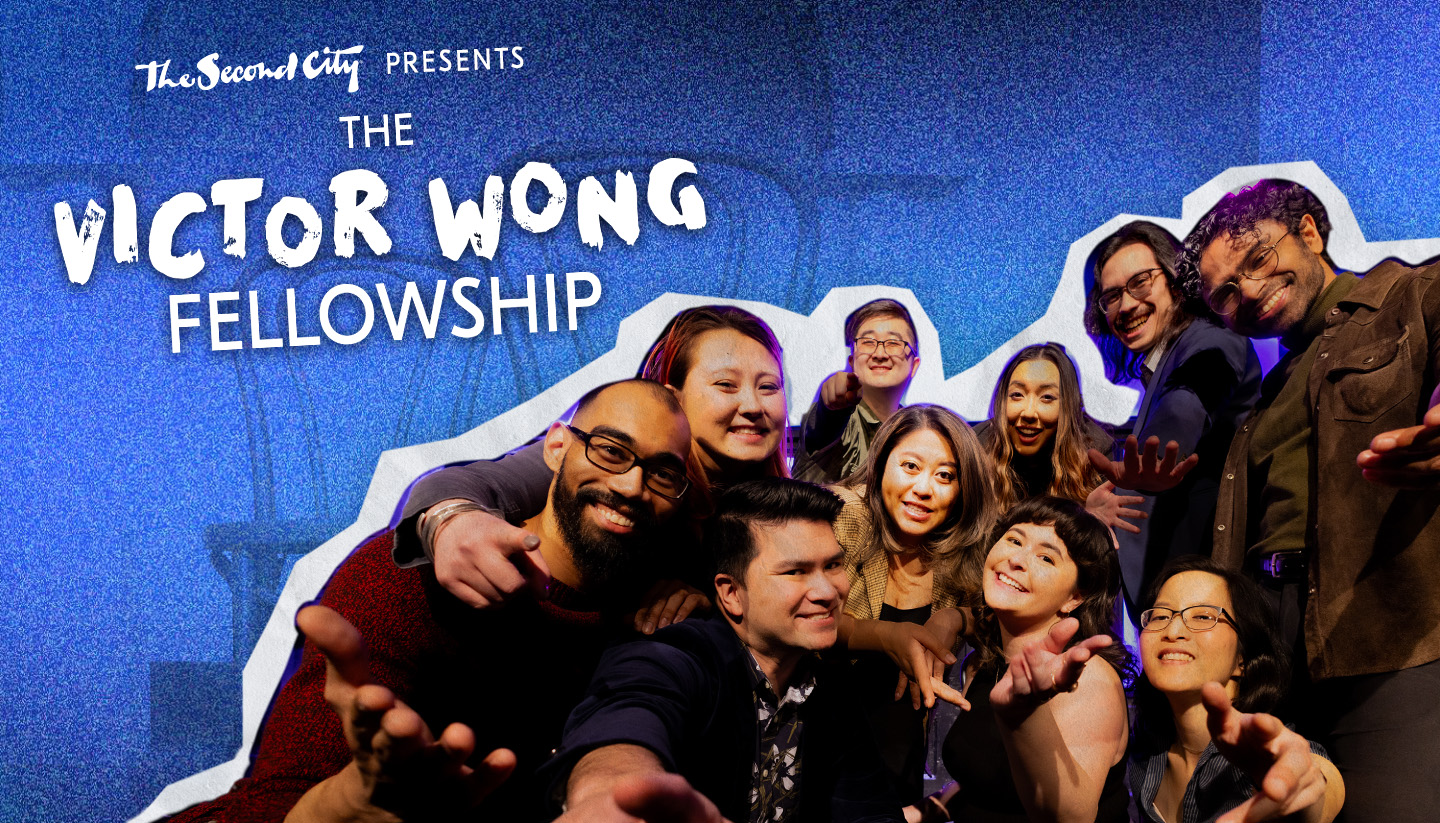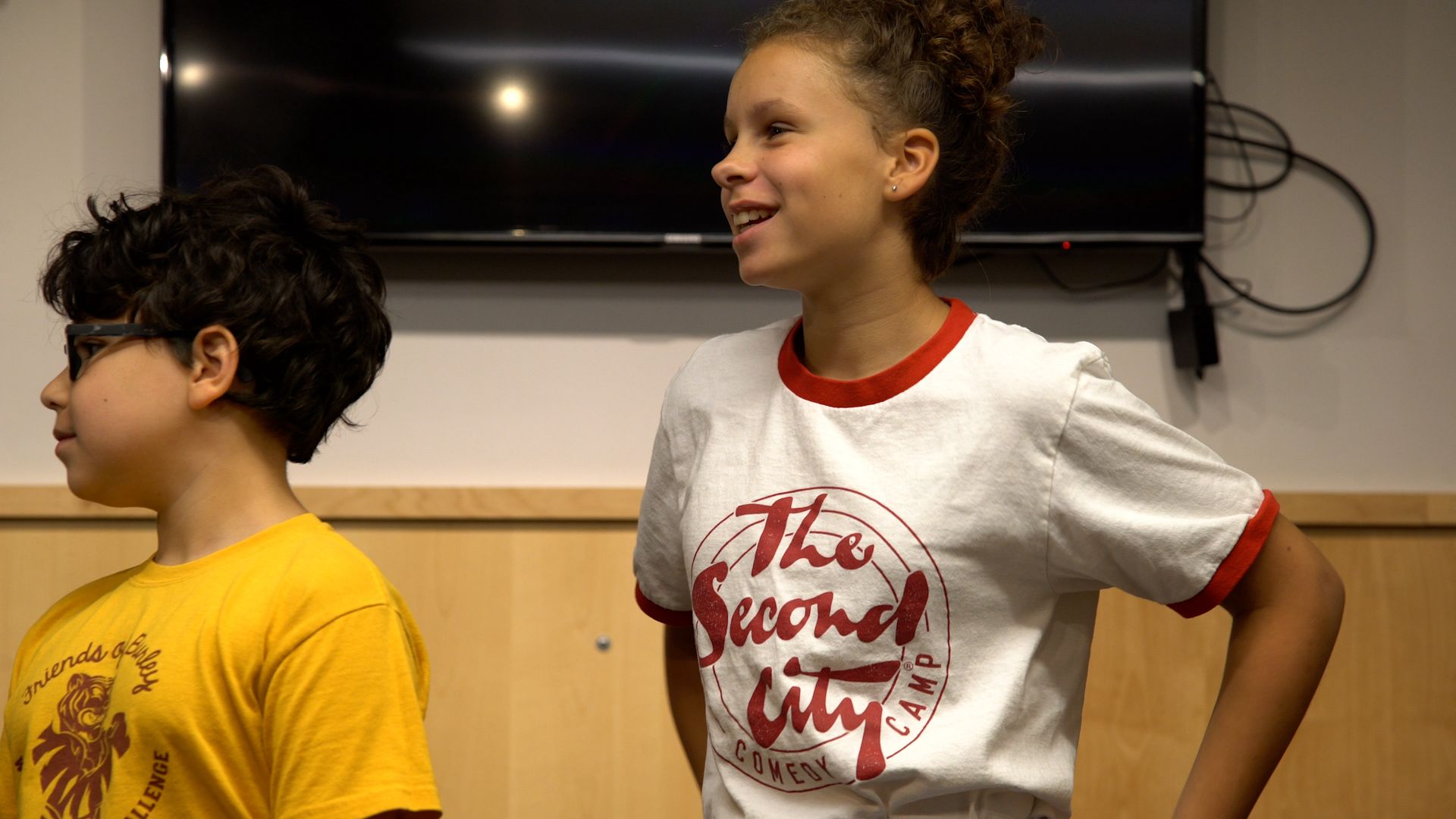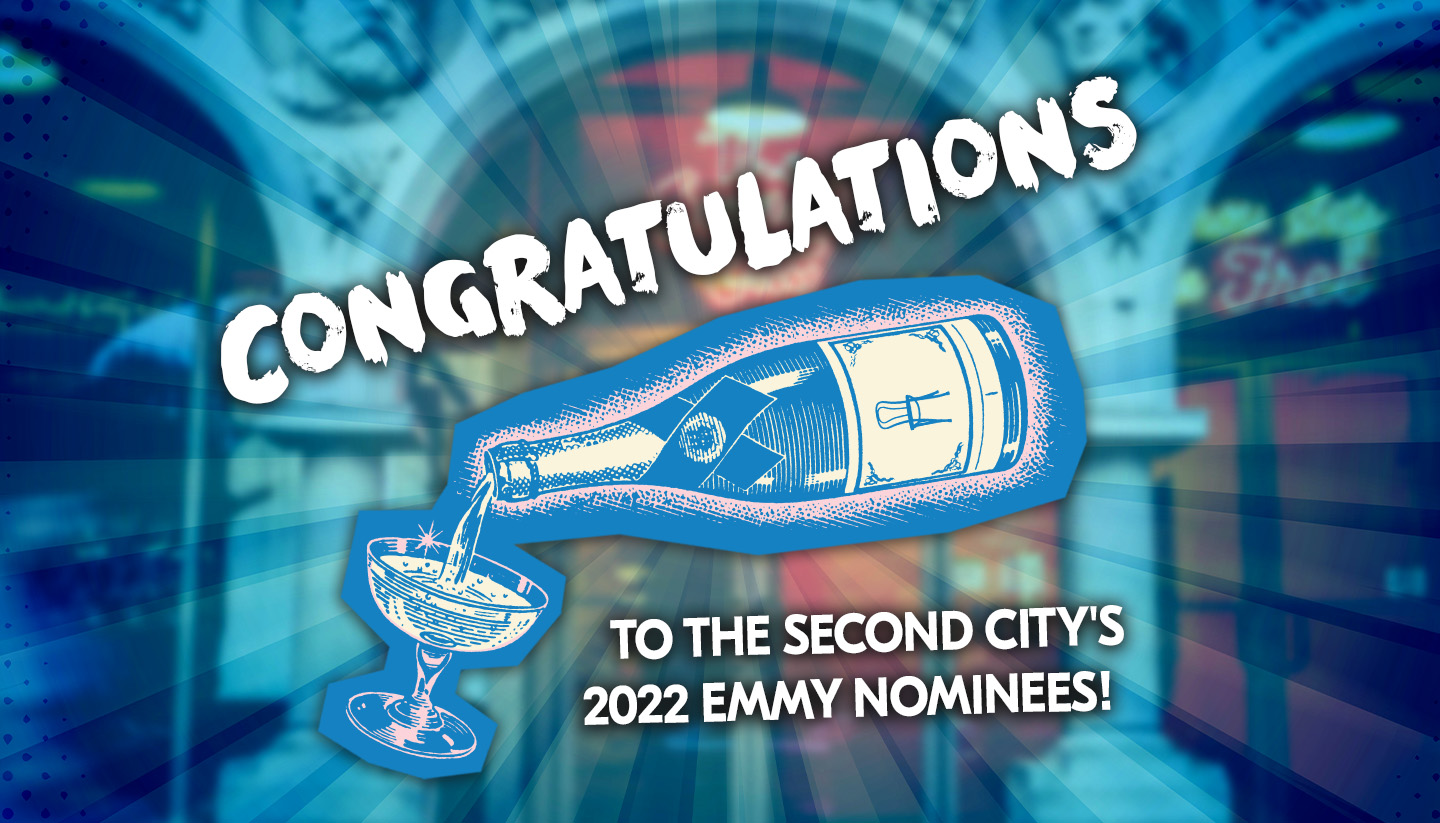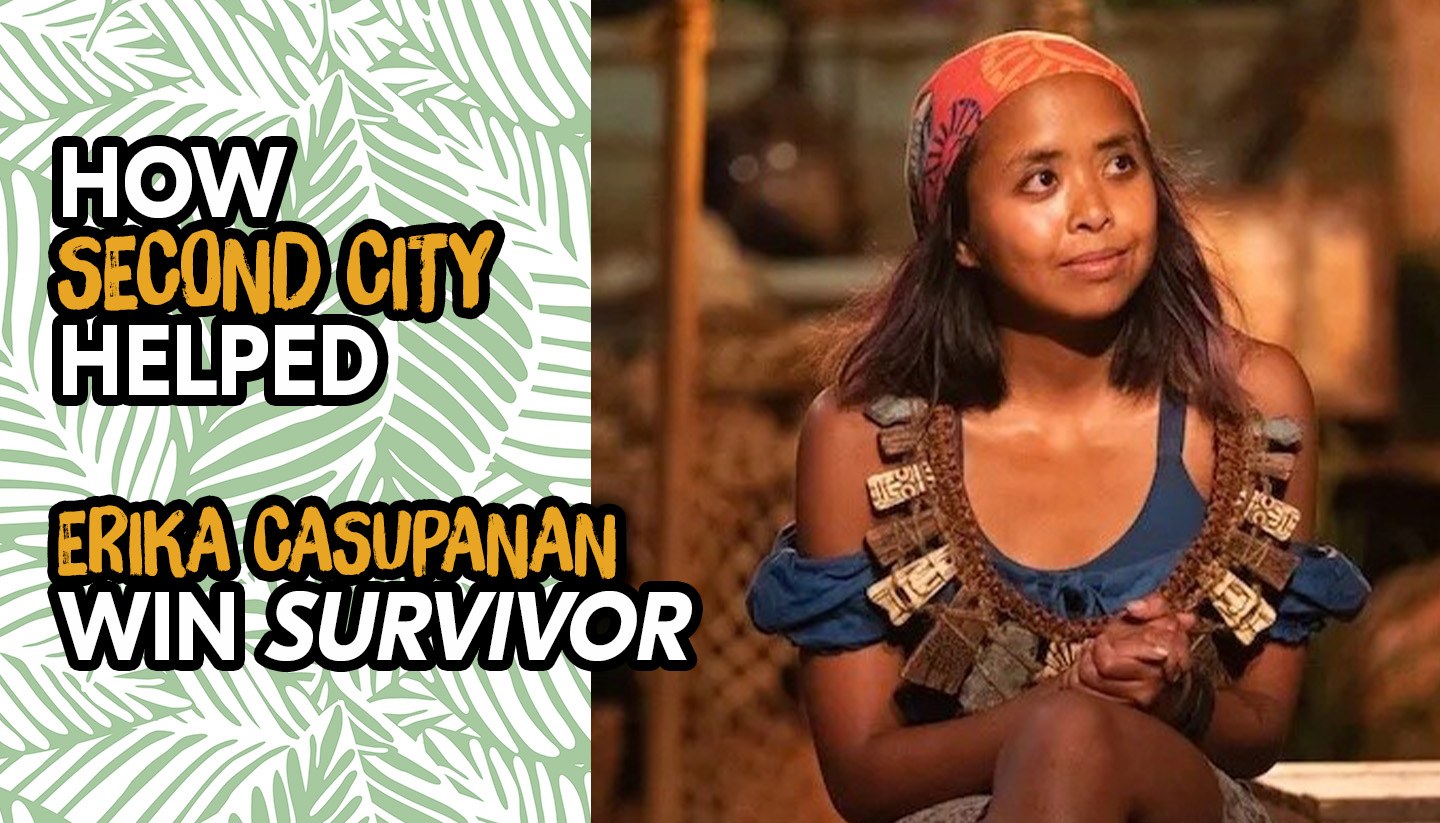During that glorious, hopeful, all-the-world’s-your-oyster period of time between getting nominated for an Academy Award and the actual ceremony, students at the Harold Ramis Film School at The Second City Training Center met with Gigi Pritzker, the Oscar-nominated producer of “Hell or High Water,” a 2017 Best Picture contender.
A member of the HRFS Advisory Board, Pritzker, who is also known for her work on “Ender’s Game,” “Drive” and “The Way Way Back,” was eager to speak with students after a Q&A session hosted by program chair Trevor Albert. “If there’s something in my experience that’s helpful to people who are starting,” she said. “If there’s anything I have that’s useful, I’m happy to share it.”
A member of one of America’s most influential and wealthiest families, Pritzker first shared a bit about her indirect road to Hollywood. The Stanford University anthropology major’s thesis, titled “The Transmission of Culture Through Folktales,” essentially laid out the importance of storytelling. After a professor advised her she was too creative for anthropology and should attend film school, Pritzker found herself enrolled at a boutique documentary film school.
After graduation, she moved to New York city and eventually found steady work at a television series, where she gained producer experience and met her future producing partner, with whom she started an industrial film production company.
Over the course of eight years, Pritzker and partner developed a thriving company, writing, directing and editing countless corporate films. With their profits, the partners purchased a treatment for a script of a “revenge picture.” With that investment, Pritzker took her first big step into the world of Hollywood.
It’s totally normal to dry heave before shoots.
As a feature film producer just starting out, things were often stomach-churning for Pritzker. “I literally woke up every morning and I dry heaved,” she revealed. “I was terrified. I knew I didn’t know what I was doing. But I also knew that when I walked out of my shitty little one bedroom thing in Pittsburgh, I had to pretend that I had to know what I was doing, because there were a hundred and fifty people who couldn’t see that I was scared.”
When one bad movie or one bad review can make you feel like it’s time to throw in the towel, she reminded her audience of film students that it’s imperative to remember to just keep going.
“The thing is...no two films are the same; the people are different; the crises are different. You forget that you bring a lot of knowledge with you, and it can feel at the beginning like each time you’re starting over.”
If you make films, do it because you love to make films.
You can’t control whether or not the audience shows up. You can’t control the choices your distributor makes. You can’t control whether that story brings the red carpet to you. (In fact, she even mentioned that “Hell or High Water”’s distributor was initially firm the film would not be marketed for an Academy run.) If you make films, enjoy the process, because that is ultimately what you have.
Hollywood is a boy’s club.
Pritzker thinks it’s possible, perhaps even probable, that a secret Hollywood handshake among men exists. Kidding aside, as a woman in the industry, she did not downplay the importance of women asserting themselves in the industry, putting themselves in the room and planting themselves in the conversation. Women, don’t back down.
No one can make a film by themselves.
You need a team. Not everyone can do everything, Pritzker maintains. And that’s a lesson you don’t need an anthropology degree to understand.
Christina Shaver is currently a student at The Harold Ramis Film School at The Second City Training Center. Her screenplays have placed in contests sponsored by the Austin Film Fest and the Academy of Arts Sciences and have been selected projects at Stowe Story Labs.
The Harold Ramis Film School at The Second City Training Center is the only film school in the world focused entirely on comedy. Applications are currently being accepted.

 Shows & Tickets
Shows & Tickets  Chicago Venue Info
Chicago Venue Info  Classes & Education
Classes & Education  Second City Works
Second City Works  Second City Network
Second City Network  Our Legacy
Our Legacy 




